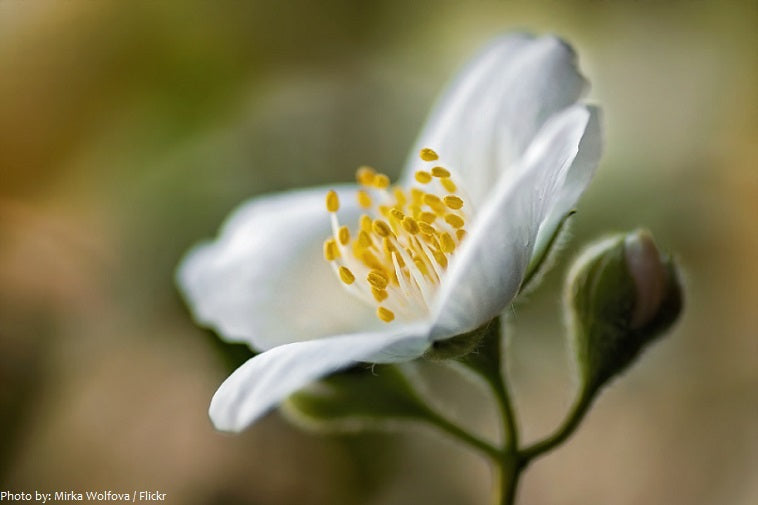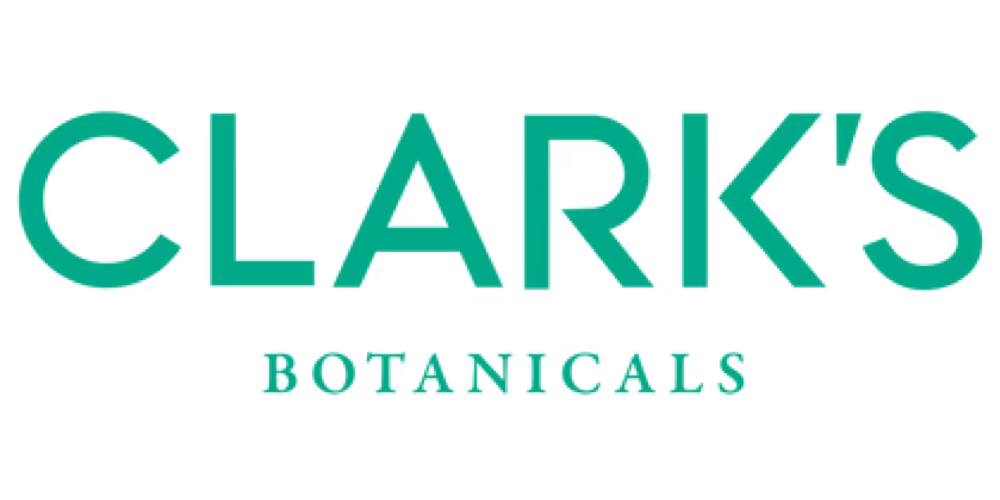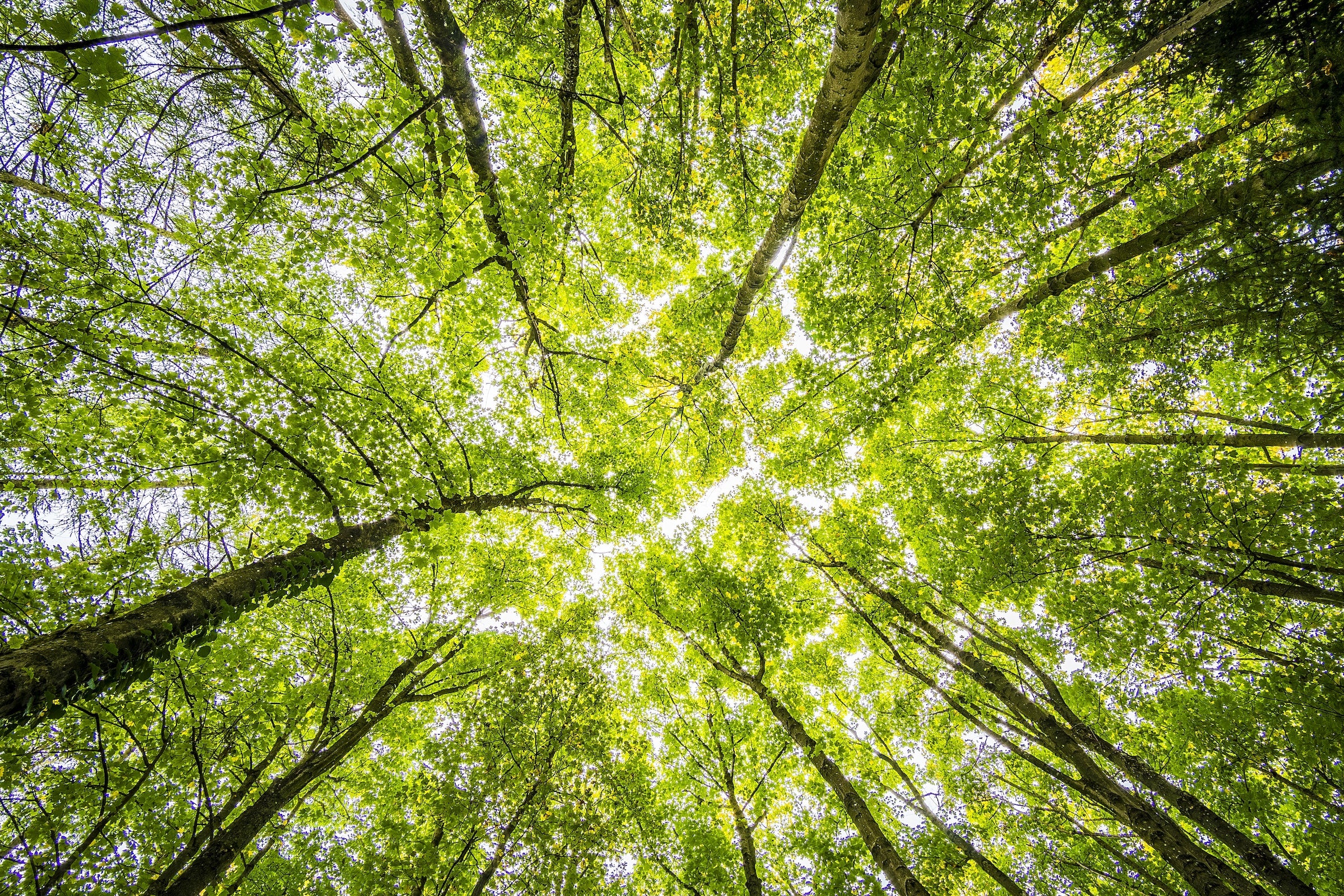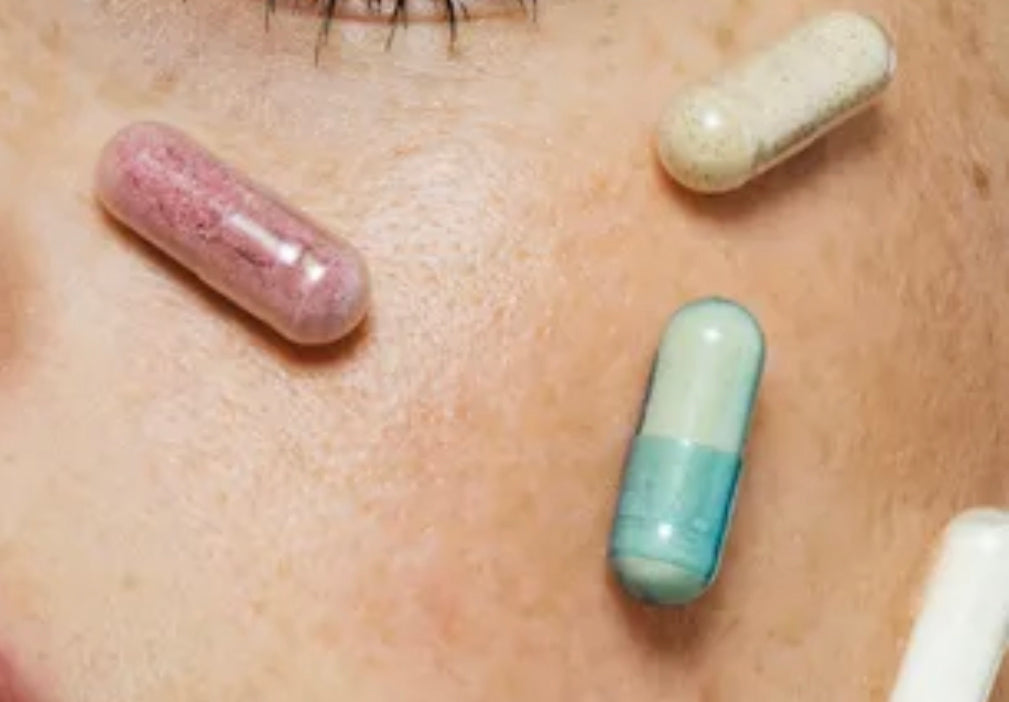
Upcycling: How it's Great for the Planet and Our Skin
While we all know what recycling means, its cousin, upcycling is less universally understood. Recycling of course involves the destruction of waste to create something new. Upcycling, however, takes waste and creates something new in its current state.
Upcycing in fashion has been a buzzword for the past few years but since the early 2000s, research in the field of upcycling food and botanical waste for skincare and cosmetics has grown exponentially around the world. We are learning that food processing waste and previously discarded plant parts often include compounds which are considered a great source of antioxidants and prebiotics for skin care. And of course, another major benefit of upcycling these previously wasted parts is how beneficial it is to the environment.
To illustrate, a few examples of food products with valuable potential in their waste ingredients include coffee, tomatoes, olives and citrus.
Coffee is one of the world's most popular drinks worldwide and the industry generates a huge amount of waste that is rich in polyphenols and acids (including ferulic). Ingredients extracted from tomato waste include antioxidants; and polyphenols from olive waste promises beneficial anti-aging effects, which in addition to the antioxidants, promises to stimulate collagen production and inhibit the production of pigment melanin. Citrus waste has been found to contain flavonoids, carotenoids, phenolic compounds, vitamin E, phytosterols and essential oils, many of which are promising antioxidants.
At Clark’s Botanicals, we work with laboratories to source upcycled ingredients including our most radical botanical, Jasmine. Francesco Clark, founder of Clark’s Botanicals explains. “Harnessing the full potential of the Jasmine plant, we extract molecules called flavonoids from the leaves of the plant and molecules called Saponins, from the pressed cake - which is made from the leftover seeds and stems and which would otherwise be waste. We synergize those with jasmine enzymes, making our complex 11 times more potent than just regular jasmine extracts.” Flavonoids and saponins possess antiseptic and antioxidant properties can help protect skin against UV damage.

Unlocking the full potential of the Jasmine plant and using the powerful parts of the plant that traditional natural brands would discard, we recognize Mother Nature’s necessity for sustainability by using Botanicals in their entirety while eliminating unnecessary waste. Jasmine is the featured ingredient in our proprietary Jasmine Catalyst Complex, the fortifying base from which all of our products are formulated.
Good for your skin. Good for the planet.



